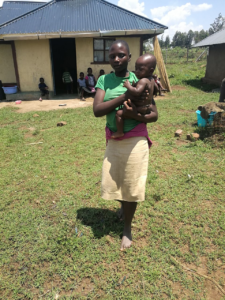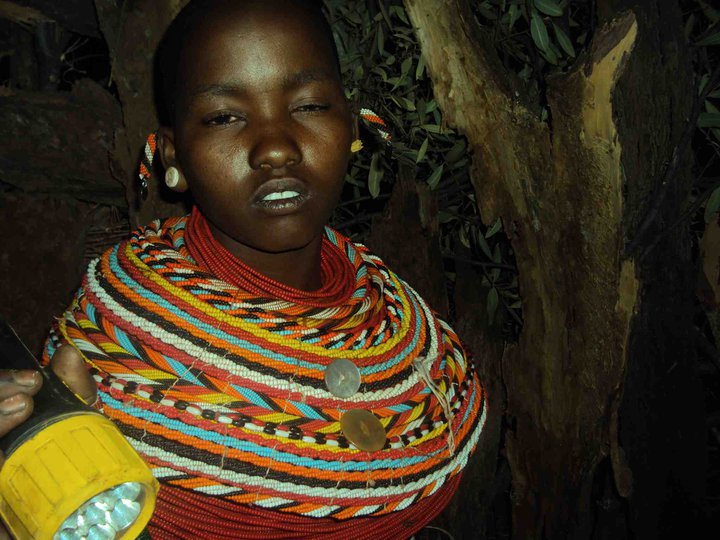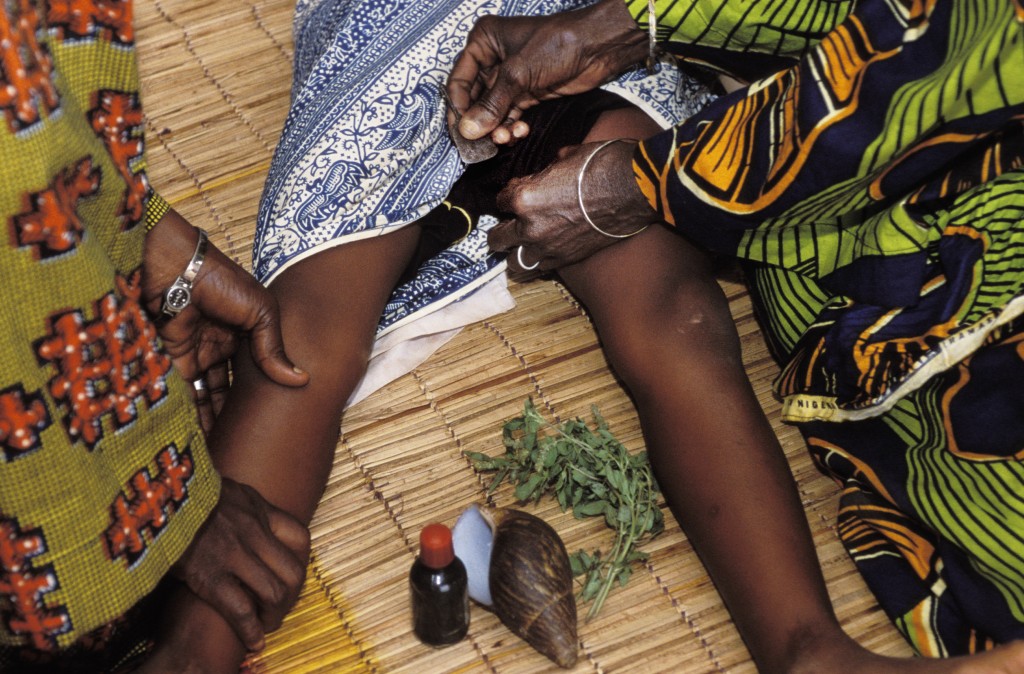 The I Can Fly Rescue Center is located in a remote community within Migori County, Kenya. The area is comprised of farmers who cultivate sugarcane and maize for a living, while over half of its other constituents are unemployed. The center remains low-key due to the sensitivity of cases involving the children we serve. Each child’s case is unique. Some children are currently in hiding at our facility while others are able to interact freely in public. We strive to keep their identities and cases confidential in an effort to protect them.
The I Can Fly Rescue Center is located in a remote community within Migori County, Kenya. The area is comprised of farmers who cultivate sugarcane and maize for a living, while over half of its other constituents are unemployed. The center remains low-key due to the sensitivity of cases involving the children we serve. Each child’s case is unique. Some children are currently in hiding at our facility while others are able to interact freely in public. We strive to keep their identities and cases confidential in an effort to protect them.
We practice a grass roots approach in partnership with the District Children’s Office, various village chiefs, and other entities to rescue vulnerable girls and boys at the most crucial stages in their development. Some rescues occur when a girl as young as seven years old is threatened to be married off, undergo female genital mutilation, found working in an unhealthy environment, exposed to sex trade/abuse, or abandoned by the family. Once we receive a call alerting us to such events we strategically organize a plan to retrieve the child from the toxic environment or the child is brought to our center by local law enforcement officers.
Our center is a home for dozens of children who have undergone severe trauma due to abuse, neglect and human rights violations. Primary and high school aged children live on the premises who were taken from their parents/guardians due to early marriage, female genital mutilation, sexual abuse, sex trade, child labor or abandonment cases. Some children are runaways who decided to escape. While most children at the rescue center are girls, we also support boys. We provide shelter, beds, meals, school fees, transportation, uniforms, school supplies, shoes, books, feminine products, enrichment activities, emotional support and special care twenty-four hours per day. Most children arrive at our facility with just the clothes on their backs. They often leave everything behind once they are rescued. Upon arrival each child is treated with the love and care they richly deserve.
THE ISSUES
Female Genital Mutilation
Female Genital Mutilation(FGM) is the collective name given to a number of cultural practices that involve the partial or total cutting of female genitals. FGM can be performed as early as infancy and as late as age thirty. However, most commonly, girls experience FGM between four and twelve years of age. The origins of FGM remain unclear.
FGM is a Human Rights Violation. FGM violates a number of human rights of women and girls. Since FGM involves the removal of healthy sexual organs without medical necessity and is usually performed on adolescents and girls, often with harmful physical and psychological consequences, it violates the rights to non-discrimination, health, and bodily integrity. Although FGM is not undertaken with the intention of inflicting harm, its damaging physical, sexual, and psychological effects make it an act of violence against women and children. Finally, FGM sometimes threatens the lives of girls and women, thereby violating their human rights to life, liberty, and security of the person.
Child Marriage

In September 2015, leaders from Africa joined other governments from around the world in adopting the United Nations Sustainable Development Goals (SDGs), including a target to end child marriage in the next 15 years.
In Sub-Saharan Africa, a staggering 40 percent of girls marry before age 18, and African countries account for 15 of the 20 countries with the highest rates of child marriage. Without progress to prevent child marriage, the number of girls married as children will double by 2050, and Africa will surpass South Asia as the region with the highest number of child brides in the world.


